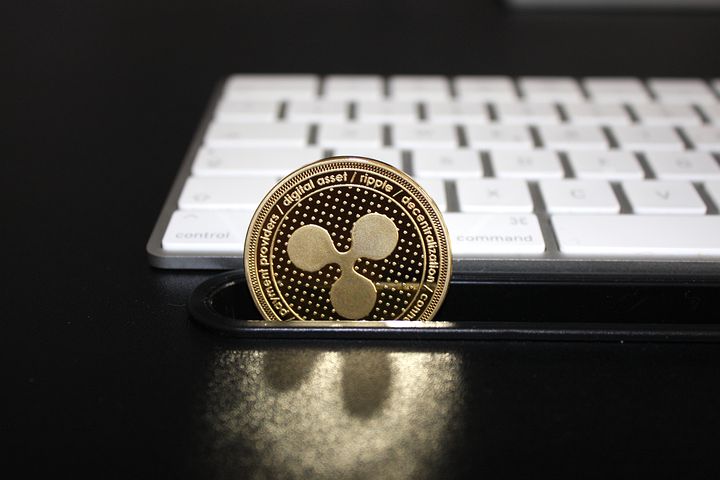- Ripple’s transaction protocol is being considered for trade finance according to International Federation of Accountants.
- Euro Exim Bank’s Graham Bright says with the on-demand capabilities of RippleNet, clients can switch in and out of various currencies with XRP as the underlying digital asset.
The Ripple transaction protocol is being studied by larger organizations for trade finance according to the International Federation of Accountants (IFA). This development came to light after a Twitter user identified as WrathofKahneman shared a presentation titled “Enabling Purpose Driven Organizations”.
This presentation from the International Federation of Accountants suggests #Ripple is being considered for trade finance uses. The trade finance narrative has dwindled recently and yet they name check Ripple in the presentation this month..https://t.co/tQ79eYuhua pic.twitter.com/NsfA3klqPd
— WrathofKahneman (@WKahneman) May 23, 2021
The presentation highlights blockchain technology in general and Ripple in particular as the additional innovation solutions that are less utilized in the supply chain sector.
According to the presentation, these less exploited technological solutions are being considered.
Exploration of additional innovative solutions not yet widely adopted in supply chains such as blockchain and related tools including Ripple Transaction Protocol is being explored by a few larger organizations to improve supply chain management through greater automation, transparency, and visibility.
Euro Exim Bank: Ripple causing a revolution in trade finance
Graham Bright, head of compliance and operations at Euro Exim Bank in an interview highlighted the importance of Ripple in the trade finance revolution, explaining why larger organizations are exploring it. Graham explained that Euro Exim Bank, for instance, has its solution based on its membership in the Ripple ecosystem. With the on-demand capabilities of RippleNet, clients can switch in and out of the currencies with XRP as the underlying digital asset.
Unlike with the traditional providers of cross-currency payment mechanisms, reliance on traditional correspondent bank relationships is no longer an issue with RippleNet.
According to him, they are now able to operate outside the SWIFT network, and some major banks are joining them. Thanks to Ripple and blockchain, Graham stated that he expects a revolution in trade finance within a few years.
The use of blockchain in identifying counter-parties, facilitating payments, and exchange of documents is a good example.
With the gradual adoption of blockchain and the Ripple transaction protocol, the supply chain will also become more diversified.
Why larger organizations are considering Ripple
Though not much information was provided in the IFA presentation on this subject, Graham in his interview disclosed that the financial ecosystem which supports trade finance is very complex. He also stated that a small company in a developing country trying to import goods has to work with local banks, making the process more costly. Unfortunately, the regulatory concern of the global banking industry continues to be a cause for concern.
De-risking and pressure on liquidity have prevented many banks from helping smaller companies from developing countries. However, Ripple has what it takes to remove these limitations. It is expected that once the Ripple transaction protocol is fully developed, it can be employed to cause a revolution in trade finance.
Credit: Source link












































